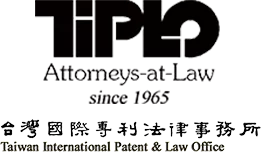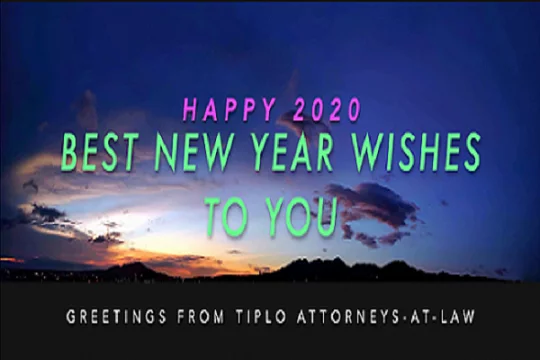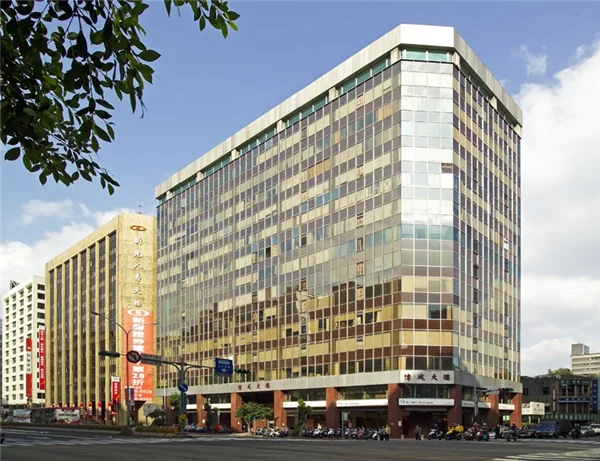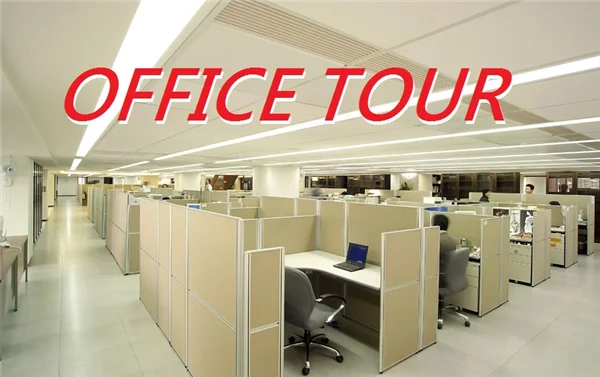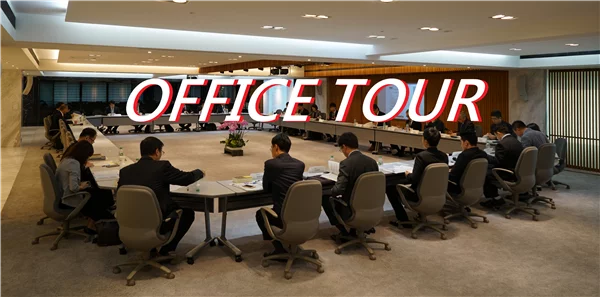Judicial Yuan to Propose Legislation of Criminal Cases Speedy Trial Act.
E091001Y9 Oct. 2009(E119)
The Judicial Yuan proposed the Criminal Cases Speedy Trial Act to the Legislative Yuan in September 2009 expecting early legislation of the Act. According to Article 5 of the proposed Act, criminal cases where the accused is being held under detention should be heard and tried in the first priority for early decision in consideration of the legal protection of the human rights of the accused.
The Judicial Yuan held a total of six public hearings nationwide on the proposed Act in August 2009. Scholars and experts participating in the hearings concur that the trial of criminal cases where the accused is being held in detention should be accelerated. The Judicial Yuan also pointed out speedy trial is the core issue addressed by the proposed Act.
Text of the Act as proposed:
| Article 1 | This Act is enacted for the purpose of maintaining just, lawful, and speedy proceeding of criminal trials and protecting human rights and public interests. Matters not provided herein shall be governed by the other laws. |
| Article 2 | The court shall duly conduct evidence-taking in a speedy and thorough manner to ensure justice and acceptability of the proceeding and make proper findings to decide on the case without prejudice to the legal rights and interests of the accused and the victim. |
| Article 3 | The accused, the attorney and the advocate of the accused and other persons who take actions by intervening in the litigation shall exercise their procedural rights in good faith and must not abuse such rights or stall the proceeding without giving a good cause. |
| Article 4 | The court shall put into effect the relevant provisions of the Code of Criminal Procedure when conducting the preparatory proceeding and promptly conduct the consolidated trial in conclusion of the preparatory proceeding for proper speedy adjudication of the case. |
| Article 5 | Where the accused is being held under detention, the court shall conduct intensive and consolidated trial of the case as priority cases for early decision. |
| Article 6 | For the case which has been pending a final judgment with binding effects for over 10 years after it was subject to the jurisdiction of the court of first instance, the court may render a judgment to terminate the procedure or reasonably reduce the sentence after weighing the following factors if it finds that the accused’s right to speedy trial has been materially prejudiced and must be duly remedied: 1. whether the delay in the proceeding is imputable to the accused; 2. balance of the complexity of legal and factual aspects of the case and the delay in the proceeding; 3. other matters concerning the speedy trial of the case. Where the appeal taken from the judgment to terminate the procedure provided in the preceding paragraph is considered tenable, the superior court shall revoke that judgment by rendering a judgment to such effect and remand case. Where the appeal is considered untenable, the superior court shall dismiss it by rendering a judgment. The judgment to terminate the procedure provided in the two preceding paragraphs shall be made after the parties have presented their oral argument on all of the matters provide in the first paragraph except where such judgment is to be made by the Supreme Court. |
| Article 7 | No motion for resumption of the procedure will be allowed after the judgment to terminate the procedure provided in the preceding Article becomes final with binding effects except on new facts or new evidence. The motion for resumption of the procedure must be filed within six months after the judgment to terminate the procedure becomes final with binding effects. The court shall dismiss the motion for resumption of procedure by ruling if the motion is considered not legally authorized or untenable. If the motion is considered tenable, the court shall resume the procedure by ruling. The provision of Article 316 of the Code of Criminal Procedure shall apply mutatis mutandis to the court’s making of the judgment to terminate the procedure; and the provision of Article 429 and Article 431 shall apply mutatis mutandis to the motion for resumption of the procedure provided in the preceding paragraph. |
| Article 8 | Where the procedure is terminated by judgment, the court shall by ruling transfer the incidental civil action (if any) to the civil court having jurisdiction, in which case, the provision of the second and the third paragraphs of Article 504 of the Code of Criminal Procedure shall apply mutatis mutandis. |
| Article 9 | For the case which has been pending a final judgment with binding effects for over 6 years after it was subject to the jurisdiction of the court of first instance and has been remanded by the Supreme Court three times or more and the court of second instance has decided to let stand the not guilty judgment or reverse the guilty judgment made by the court of first instance, if the not guilty judgment has been twice or more let stand by the court of the same level, no appeal to the Supreme Court shall be allowed. Except in the case provided in the preceding paragraph, for the case which has been pending a final judgment with binding effects for over 6 years after it was subject to the jurisdiction of the court of first instance and has been remanded by the Supreme Court three times or more, an appeal may be taken to the Supreme Court on and only on the grounds as follows: 1. The law or order applied to make the judgment appealed conflicts with the Constitution; 2. The judgment appealed contravenes the relevant interpretation issued by the Judicial Yuan; or 3. The judgment appealed contravenes the relevant precedent. Where the appeal taken to the Supreme Court is considered lack of the grounds provided in the preceding paragraph, in the event of any of the following, the Supreme Court may revoke the judgment appealed if it considers it unjust to let it stand: 1. There exists manifest material erroneous finding by which the making of the judgment appealed was affected. 2. The sentencing or the security disposition pronounced is manifestly reasonable. Where the Supreme Court considers that the procedure of the case provided in the second paragraph may be terminated by judgment under Article 6, Article 6 shall govern in prevalence. The provision of Articles 377 to 379 and subparagraph 1 of Article 393 of the Code of Criminal Procedure shall not apply to the trial of the case provided in the second paragraph. |
| Article 10 | The provision of Chapter 3 of Part 3 of the Code of Criminal Procedure shall apply to the case provided in the preceding paragraph from which an appeal has been duly taken to the Supreme Court within the statutory period from the judgment entered by the court of second instance or which has been subject to the jurisdiction of the Supreme Court for decision before this Act comes into force. |
| Article 11 | Where the prosecutor or the lawyer acting as the attorney or advocate has acted in violation of the procedural order issued by the presiding judge or has on whatever excuse stalled the trial proceeding to result in interruption of the speedy proceeding of the procedure, the court may order the prosecutor or lawyer to give an explanation. In the case provided in the preceding paragraph, the court may, where necessary, notify the supervisor of the prosecutor or the bar association of which the lawyer is a member to take proper disposition. The prosecutor’s supervisor or the relevant bar association provided in the preceding paragraph shall promptly inform the court of its disposition after receiving the notice from the court. |
| Article 12 | The relevant agency shall answer in the first priority the call from the court for cooperation or assistance when the court considers it necessary to do so in consideration of the speedy trial of the case. |
| Article 13 | An efficient national litigation system shall be constructed with sufficient judicial manpower and a system and environment properly established to provide convenient national access to legal counsel resources in consideration of just and speedy trail and human rights protection. |
| Article 14 | The Judicial Yuan may prescribe rules of litigation to ensure due process of the trial procedure, promote efficiency of trial, presentation of substantive defense, put into effect the conducting of preparatory proceeding, consolidated adjudication, solidify the conducting of the proceeding and protect the rights and interests of those who intervene in the proceeding. The parties, their attorneys, advocates and all other persons intervening the proceeding shall be obligated to act in adherence to the rules of litigation provided in the preceding paragraph. |
| Article 15 | This Act shall also apply to cases which have been subject to the jurisdiction of the relevant court before this Act comes into force. |
| Article 16 | This Act shall come into force on the date designated by the Judicial Yuan by order. |
/EMA

